Minh Lenhat
Sampling Foundational Transformer: A Theoretical Perspective
Aug 11, 2024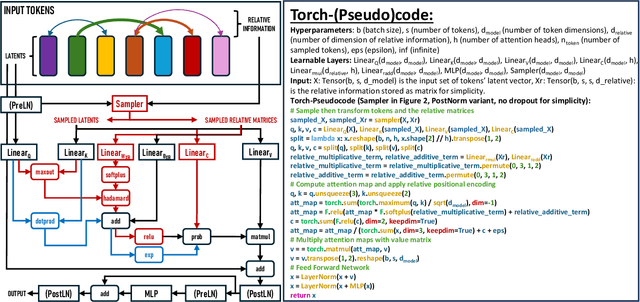
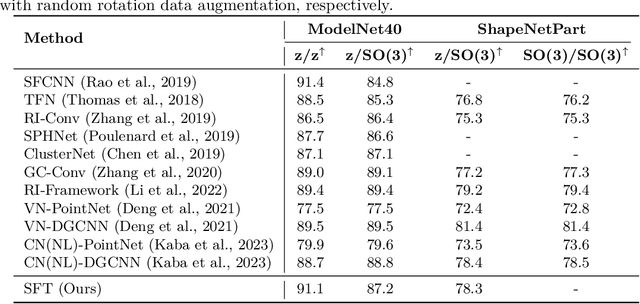
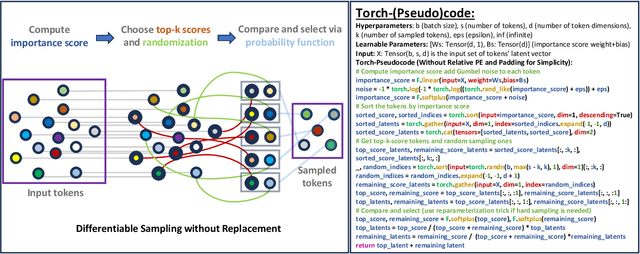
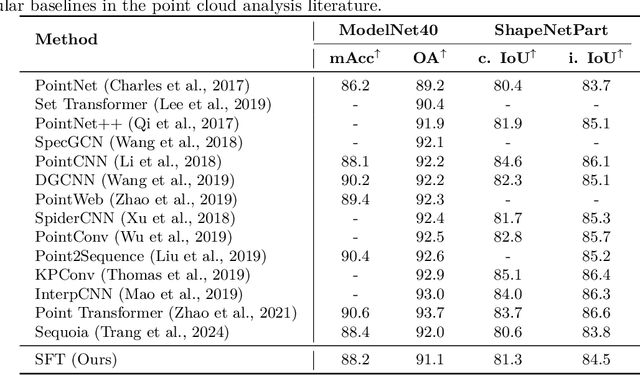
Abstract:The versatility of self-attention mechanism earned transformers great success in almost all data modalities, with limitations on the quadratic complexity and difficulty of training. To apply transformers across different data modalities, practitioners have to make specific clever data-modality-dependent constructions. In this paper, we propose Sampling Foundational Transformer (SFT) that can work on multiple data modalities (e.g., point cloud, graph, and sequence) and constraints (e.g., rotational-invariant). The existence of such model is important as contemporary foundational modeling requires operability on multiple data sources. For efficiency on large number of tokens, our model relies on our context aware sampling-without-replacement mechanism for both linear asymptotic computational complexity and real inference time gain. For efficiency, we rely on our newly discovered pseudoconvex formulation of transformer layer to increase model's convergence rate. As a model working on multiple data modalities, SFT has achieved competitive results on many benchmarks, while being faster in inference, compared to other very specialized models.
SAMSA: Efficient Transformer for Many Data Modalities
Aug 10, 2024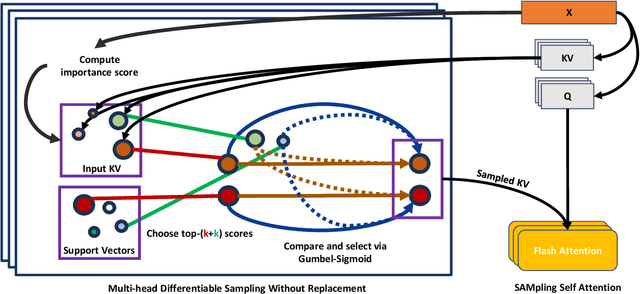
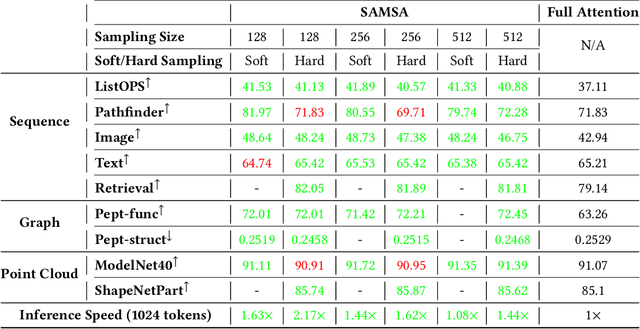

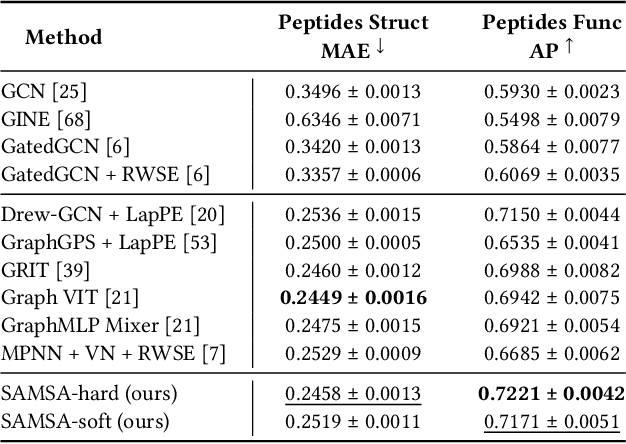
Abstract:The versatility of self-attention mechanism earned transformers great success in almost all data modalities, with limitations on the quadratic complexity and difficulty of training. Efficient transformers, on the other hand, often rely on clever data-modality-dependent construction to get over the quadratic complexity of transformers. This greatly hinders their applications on different data modalities, which is one of the pillars of contemporary foundational modeling. In this paper, we lay the groundwork for efficient foundational modeling by proposing SAMSA - SAMpling-Self-Attention, a context-aware linear complexity self-attention mechanism that works well on multiple data modalities. Our mechanism is based on a differentiable sampling without replacement method we discovered. This enables the self-attention module to attend to the most important token set, where the importance is defined by data. Moreover, as differentiability is not needed in inference, the sparse formulation of our method costs little time overhead, further lowering computational costs. In short, SAMSA achieved competitive or even SOTA results on many benchmarks, while being faster in inference, compared to other very specialized models. Against full self-attention, real inference time significantly decreases while performance ranges from negligible degradation to outperformance. We release our source code in the repository: https://github.com/HySonLab/SAMSA
 Add to Chrome
Add to Chrome Add to Firefox
Add to Firefox Add to Edge
Add to Edge